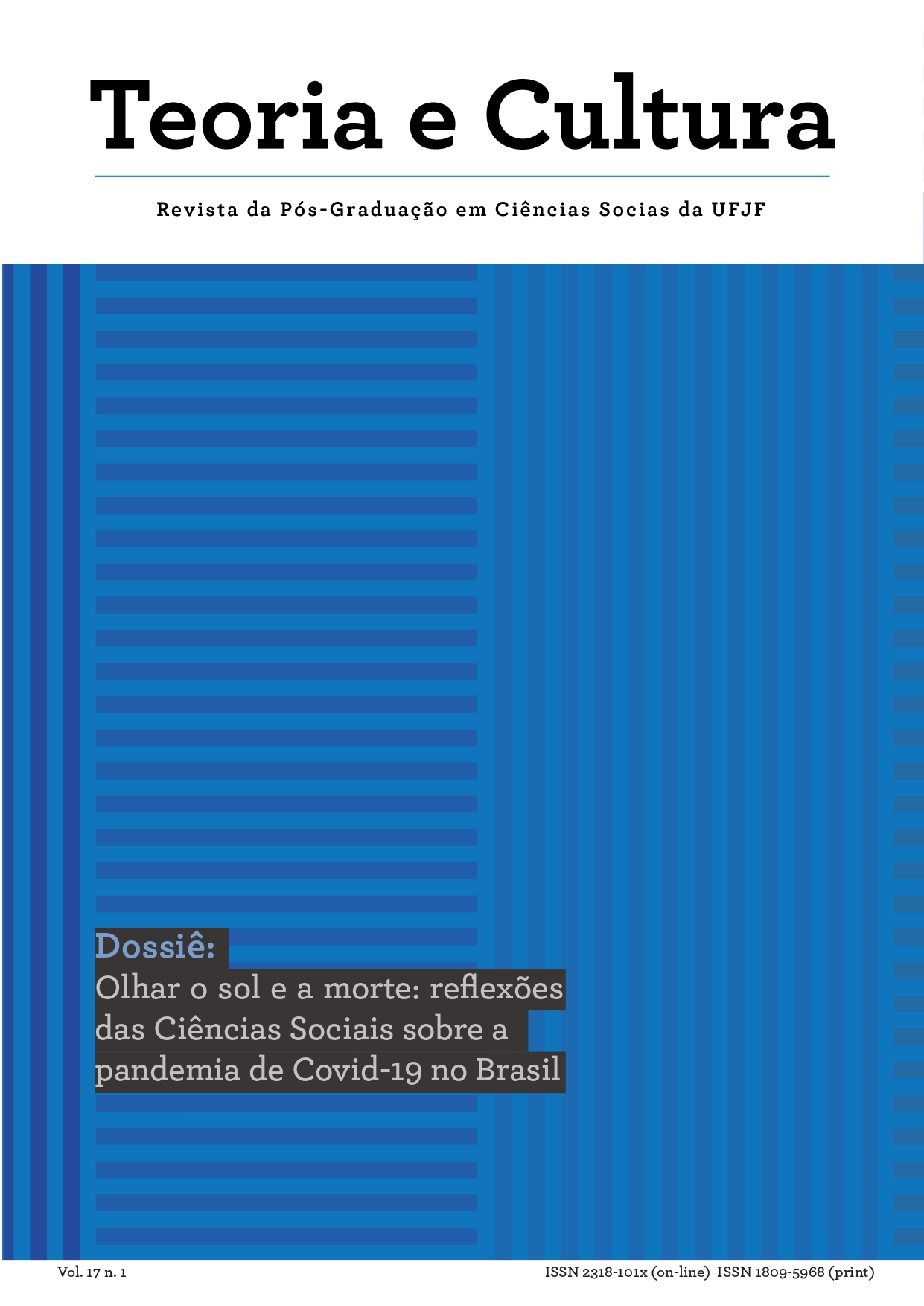(Un)fair taxation
From Thomas Piketty's realistic utopia to Brazilian dystopian reality
DOI:
https://doi.org/10.34019/2318-101X.2022.v17.36028Abstract
In this article, we discuss the meaning of fair taxation in the work of Thomas Piketty and its role in Piketty's construction of participatory socialism for the 21st century. Through a bibliographic study, we contrasted this ideal tax system proposed by the French economist, based on a progressive model, with the reality of taxation in Brazil, a country historically marked by profound social inequalities and concentration of wealth. We learned that although the fundamental political purposes of the Federal Constitution of 1988 strive for a Democratic Rule of Law and a fair and egalitarian society, the Brazilian tax system is based on a regressive model whose operation penalizes the poorest taxpayers. Overall, we conclude that the Brazilian tax system is the opposite of the democratic tax system idealized by Piketty, and that the country lacks egalitarian ideologies strong enough so as to resist the neoliberal sacralization of private property and promote a true tax reform based on fiscal justice.








